nanya Gupta & Nittika Mehra, TNN | Jun 17, 2014, 05.27 PM IST
An unwanted child, a street urchin, a knife-wielding gang member and a child labourer — Basu Rai endured the vicissitudes of fate. But after his rescue and rehab, he dedicated his life to saving other street children. He has written about his experiences in his just-published autobiography, “From the streets of Kathmandu”
Tell us about your book? How much of it is true?
Basu Rai: This book is about my early life in the streets of Kathmandu and the journey I travelled to get here to the present. It is based on the recollection of my memories. All my hardships, pains and sufferings are recorded. My mom left me when I was six months old. My dad had paralysis and died when I was four. He used to tell me stories which became my lullaby. This book is my autobiography.
What were the main turning points in your life?
Basu Rai: When I was a child beggar, I used to stab people. But I eventually realized it was wrong. Another turning point was when I was picked up by the activists of CWIN, Nepal from the street. I was very sick then and they admitted me to a hospital and took care of me. From there, I was selected to go on a Global March where I met Kailash Satyarthi of Bachpan Bachao Andolan. He become like a father to me. I used to share my stories with him. He gently nudged me to publish my book.
Apart from guiding street children, was this book written as a coping mechanism or a cathartic release?
Often I found myself lonely and sad. So I began to write journals and showed them to my friends. They all said, ‘Basu you should not keep this to yourself. You should publish this. You are one of the lucky children who got saved but there are millions like you.’ I thought this could be a way of helping those thousands of Basus out there. I also felt that people can change the life of others by providing empathy instead of sympathy, appreciating them, and giving them a chance. Other volunteers used to teach me the ABC. I became a volunteer and a mentor for these children and started to feel like there was a purpose for my place on earth.
How did you cope up with the problems you faced in life?
I had hope. Hope to live a nice life, pursue a dream, to make my mom want me. I wanted to do something respectful in life. I wanted society to love and respect me. I followed my heart and kept moving ahead with a never-give-up attitude.
What challenges or difficulties did you face while writing this book?
The book took me seven years to write but I didn’t know how to get it published. Finally, with the help of benefactors like Luis Miranda and Kailash Satyarthi, I managed to get it published with Vitasta. I also didn’t have any sponsor to help me publish this book. Finally, I came across a compassionate man who became my sponsor.
What is the one thing that kept you going despite the adversities thrown your way?
As a child, I was an introvert. I never left my room. I always felt very unwanted as my mother left me to be a model and my father died when I was four. I could hear the chirping of birds from my room, and when I came outside my father was on the floor. I don’t know what happened to me after that. I ran away from home. But I always had hope. I wanted to work respectfully, rather than be a pickpocket, steal or fight. I think my philosophy of never giving up kept me going.
What are the main problems faced by street children in Nepal?
The most important problem is survival. Many children don’t get food. Some street children are controlled by gangs. When children get sick, they don’t get medicines. Their life expectancy reduces. Life on the street is very difficult.
Who was your role model while growing up?
When I was learning martial arts, my role model was Bruce Lee. I used to see his moves on television and copy him. I didn’t know he was an actor. I wanted to become an actor and still do. This is my dream. Many actors are my role models.
There are different types of bonded labour (in Nepal). When children are tied to their masters they become emotionally disturbed. Some children take loans from their master which they have to pay. Human trafficking is also a type of bonded labour. Many agencies place children in different regions. Parents are not able to find them. Many laws have been made and implemented against child labour. Employing children before the age of 16 is a crime.
What do you plan to do next?
I am interested in acting. I will also give motivational talks and conduct workshops on child labour. My book is for society, not for me. I will motivate people to help others especially those in need.
Any message that you would like to give to your readers?
The most important message is don’t give any money to children who are begging and don’t buy any of the articles that they might be selling. This will only encourage them further. Also, please don’t eat at a restaurant that employs children as workers. Child labour is a crime and report to the police if you see a child begging or working.
